The Science Behind Red Light Therapy
Trusted by dermatologists and backed by extensive clinical research, this technology delivers real, visible results by targeting the root causes of skin concerns.
Our technology is backed by scientific research demonstrating the benefits of red light therapy.
While many clinical studies focus on high-powered devices used in medical settings, these treatments are often limited to short, infrequent sessions (e.g., once a week).
In contrast, our mask delivers a safe, lower-intensity light that allows for consistent and prolonged exposure—up to 20-30 minutes daily—right from the comfort of your home.
This extended exposure, made possible by the reduced power, not only enhances results over time but also ensures a safer, more user-friendly approach to achieving professional-level outcomes.
Red light therapy has shown no proven risks to skin or eyes, making this an effective and accessible solution for everyday use.
Clinical Studies on Red Light Therapy
- Low-level red and infrared light increases expression of collagen and elastin fibers in human skin
Journal of the American Academy of Dermatology
Link - Efficacy of phototherapy to treat facial ageing when using a red versus an amber light: a randomized controlled trial
BMJ Open
Link - Photobiomodulation: The Clinical Applications of Low-Level Light Therapy
Aesthetic Surgery Journal
Link - Photodynamic and photobiological effects of light-emitting diode (LED) therapy in dermatological disease: an update
Lasers in Medical Science
Link - A dose-ranging, parallel group, split-face, single-blind phase II study of low-level light therapy (LLLT) in subjects with moderate facial acne vulgaris
Trials
Link - Cutaneous effects of photobiomodulation with 1072 nm light
Archives of Dermatological Research
Link - Clinical efficacy and tolerability of new low-level blue and red light therapy technology in the treatment of mild-to-moderate acne vulgaris
Journal of the American Academy of Dermatology
Link - Red light photodynamic therapy with BF-200 ALA showed superior efficacy in the treatment of actinic keratosis on the extremities, trunk, and neck in a vehicle-controlled phase III study
Journal of the American Academy of Dermatology
Link - Coupled blue and red light-emitting diodes therapy efficacy in patients with rosacea
Journal of Medical Case Reports
Link - Light-emitting diode therapy in the treatment of acne vulgaris: a systematic review and meta-analysis
American Journal of Clinical Dermatology
Link - The effect of low-level laser therapy on facial wrinkle reduction: a systematic review and meta-analysis
Lasers in Medical Science
Link - Photodynamic therapy with red light-emitting diodes for the treatment of acne vulgaris: a randomized controlled trial
British Journal of Dermatology
Link - Efficacy of red light-emitting diode therapy in the treatment of photoaged skin
Dermatologic Surgery
Link - The effect of low-level laser therapy on skin rejuvenation: a systematic review and meta-analysis
Journal of Cosmetic and Laser Therapy
Link - Red light therapy for the treatment of androgenetic alopecia: a systematic review and meta-analysis
Lasers in Medical Science
Link - The effect of red light therapy on collagen production and skin rejuvenation
Journal of Cosmetic Dermatology
Link - Red light therapy for the treatment of psoriasis: a systematic review and meta-analysis
Photodermatology, Photoimmunology & Photomedicine
Link - The effect of red light therapy on wound healing: a systematic review and meta-analysis
Wound Repair and Regeneration
Link - Red light therapy for the treatment of rosacea: a systematic review and meta-analysis
Journal of the European Academy of Dermatology and Venereology
Link - The effect of red light therapy on skin elasticity and wrinkle reduction
International Journal of Cosmetic Science
Link
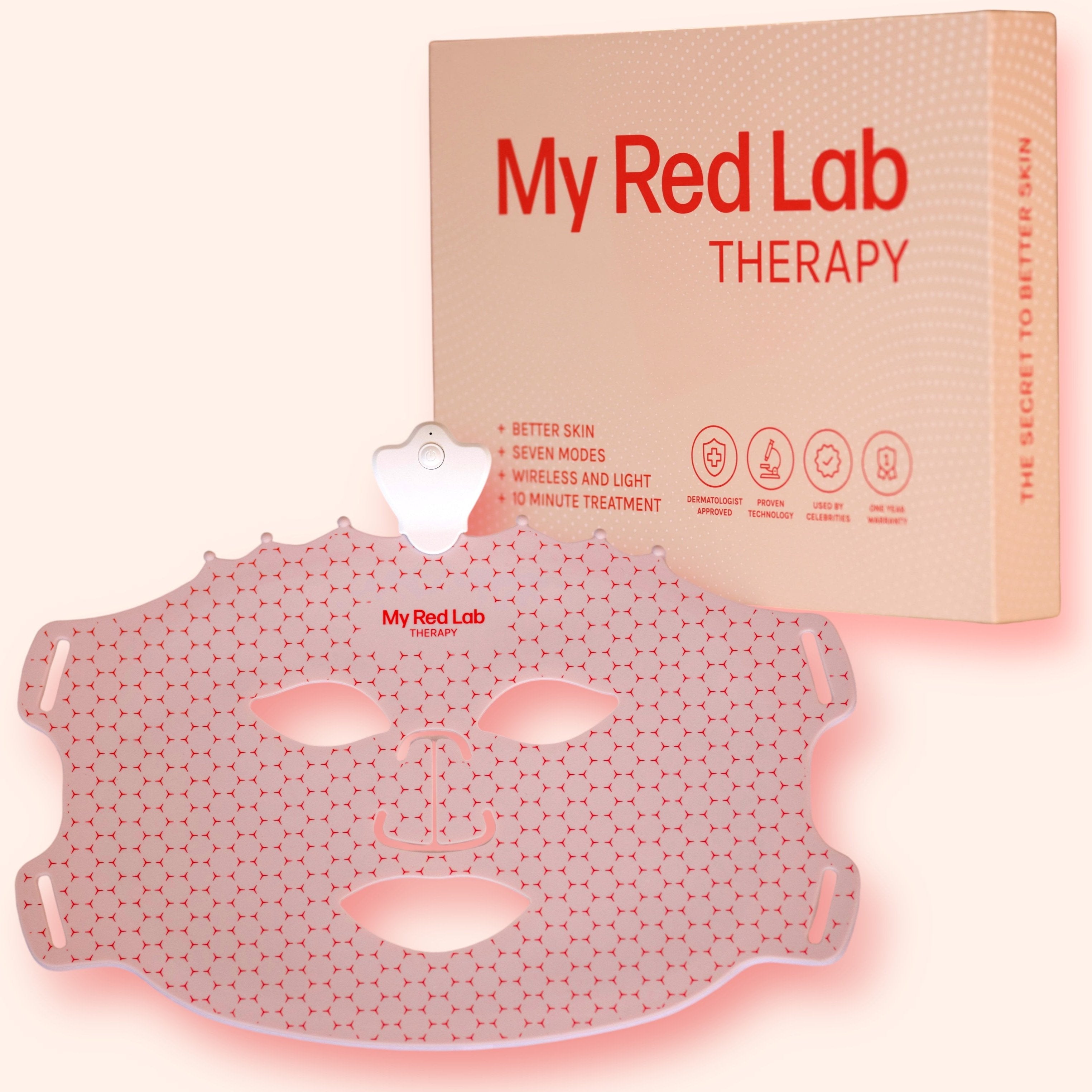
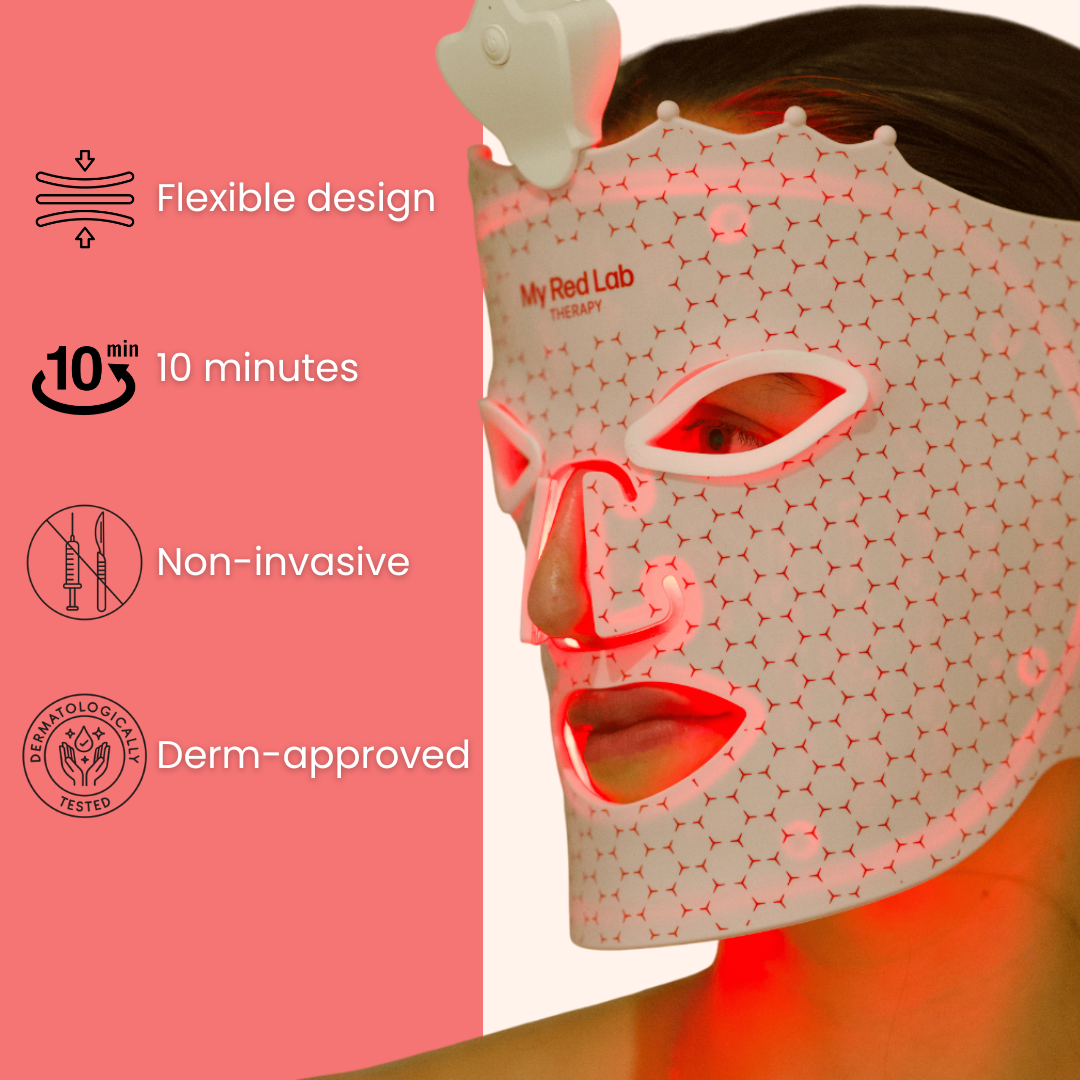
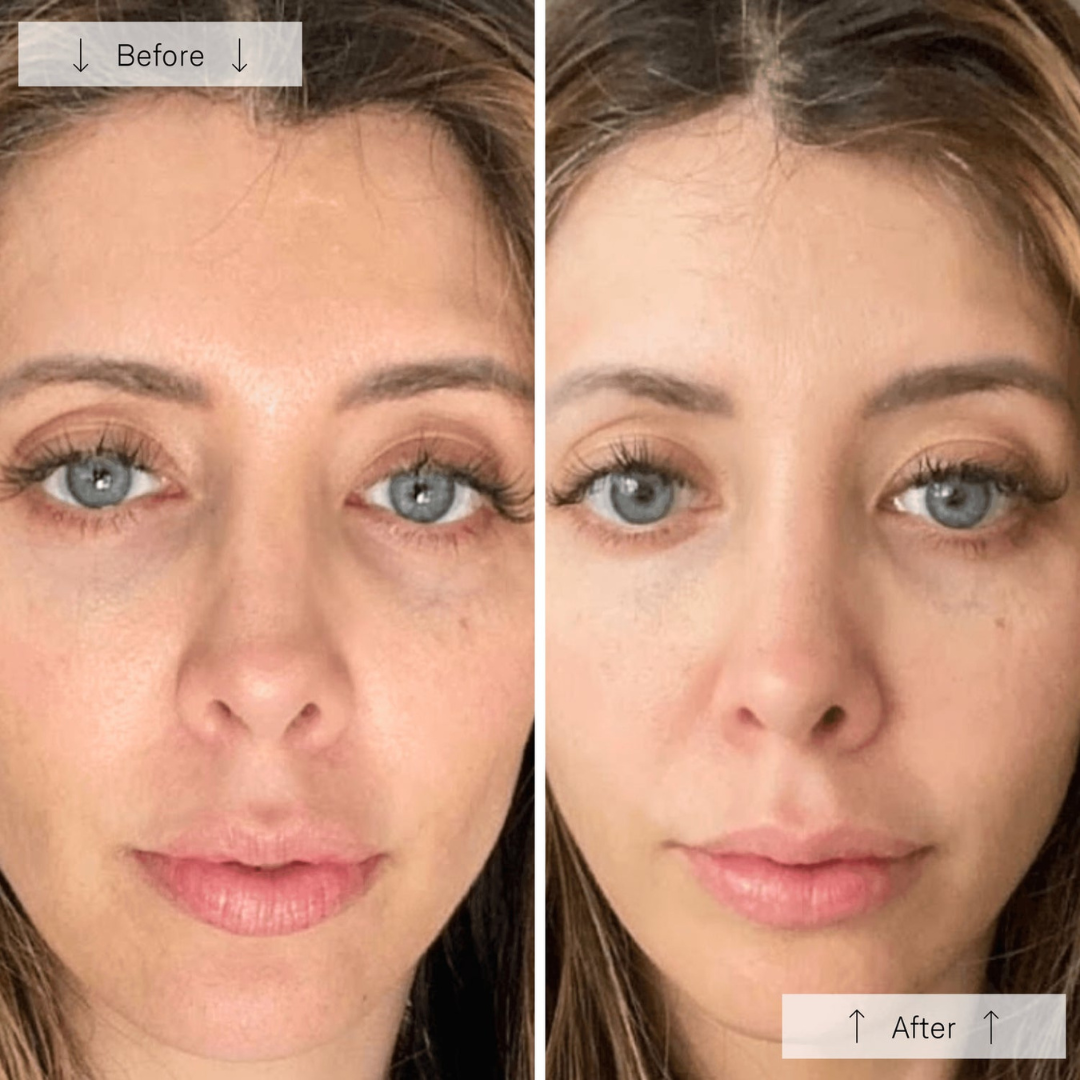
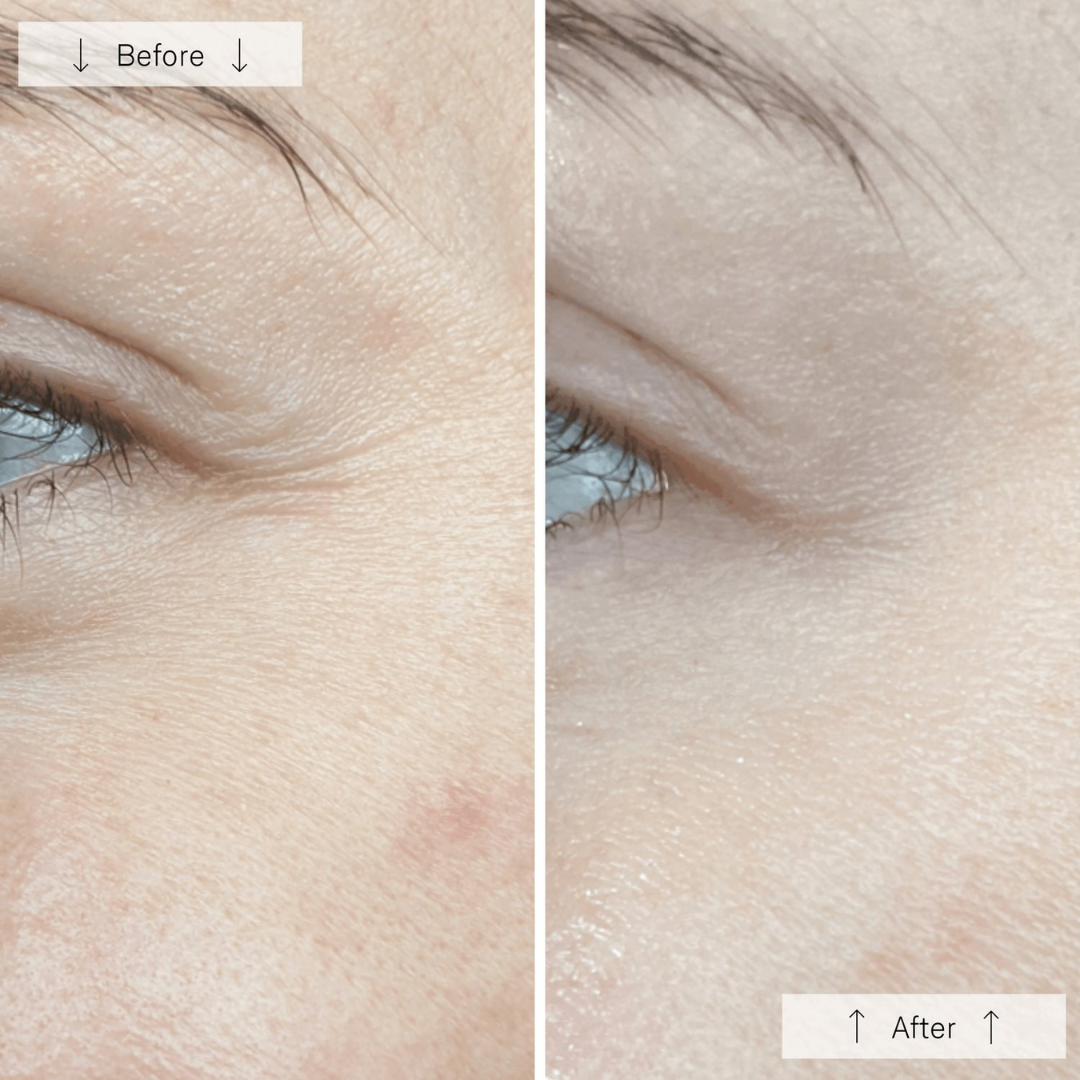
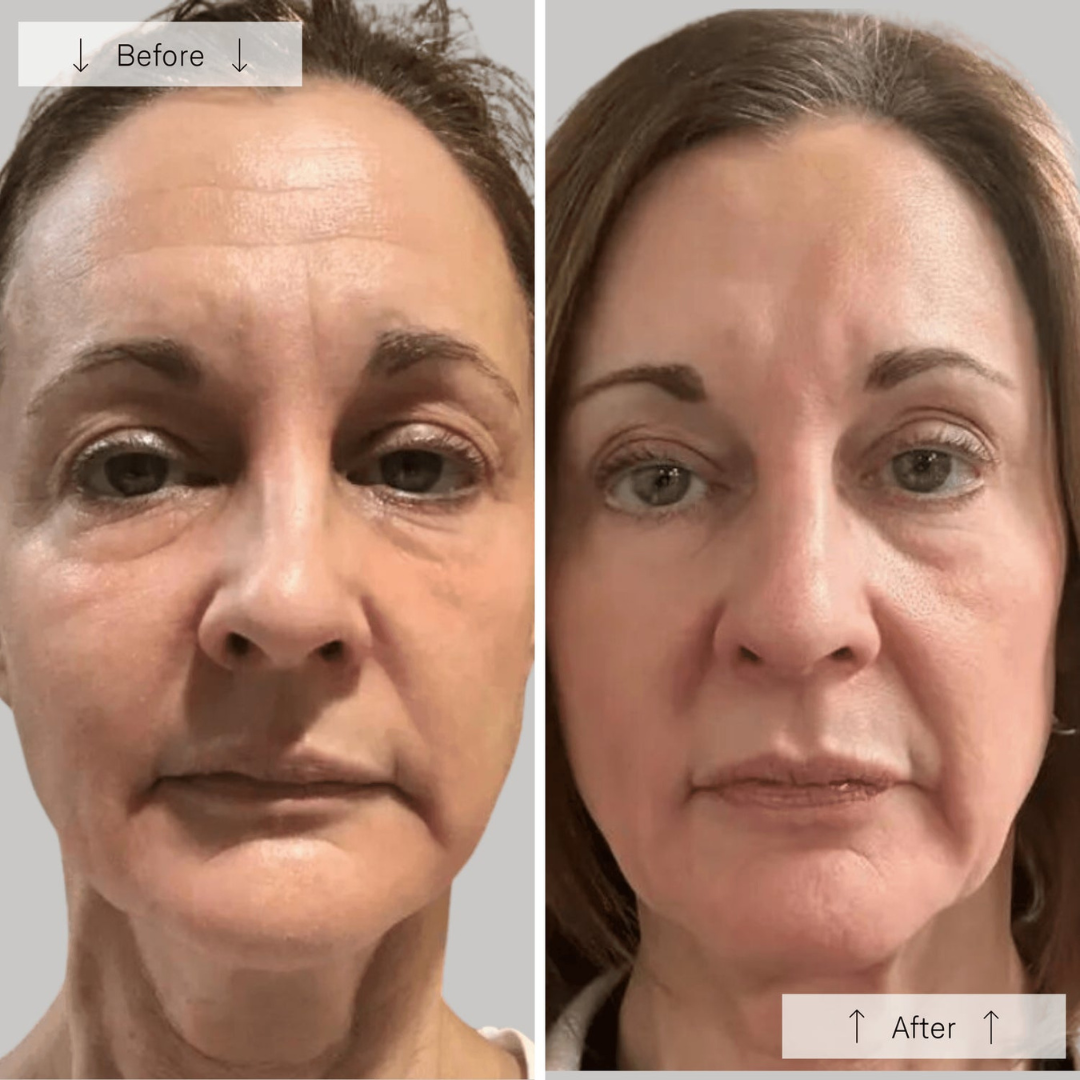
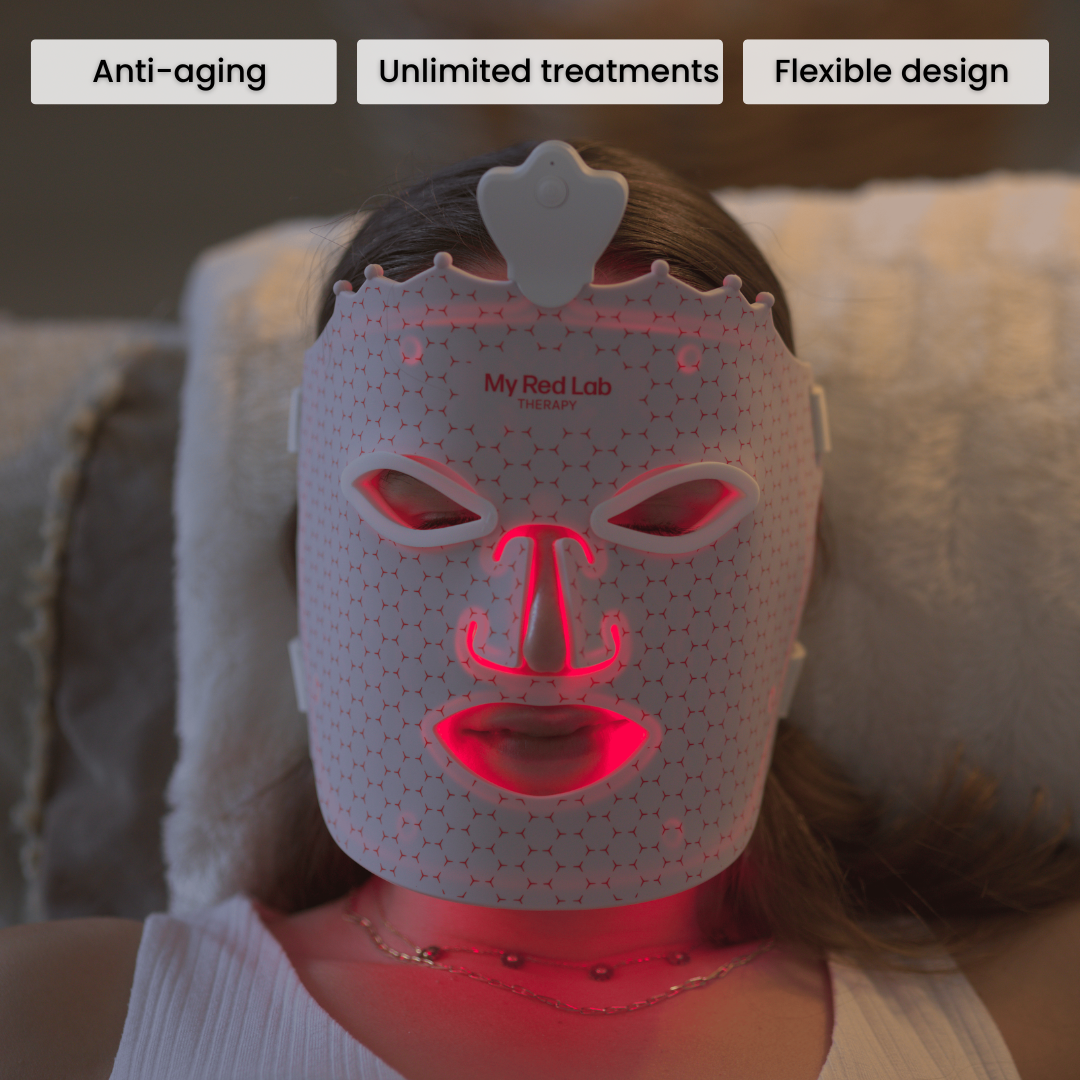
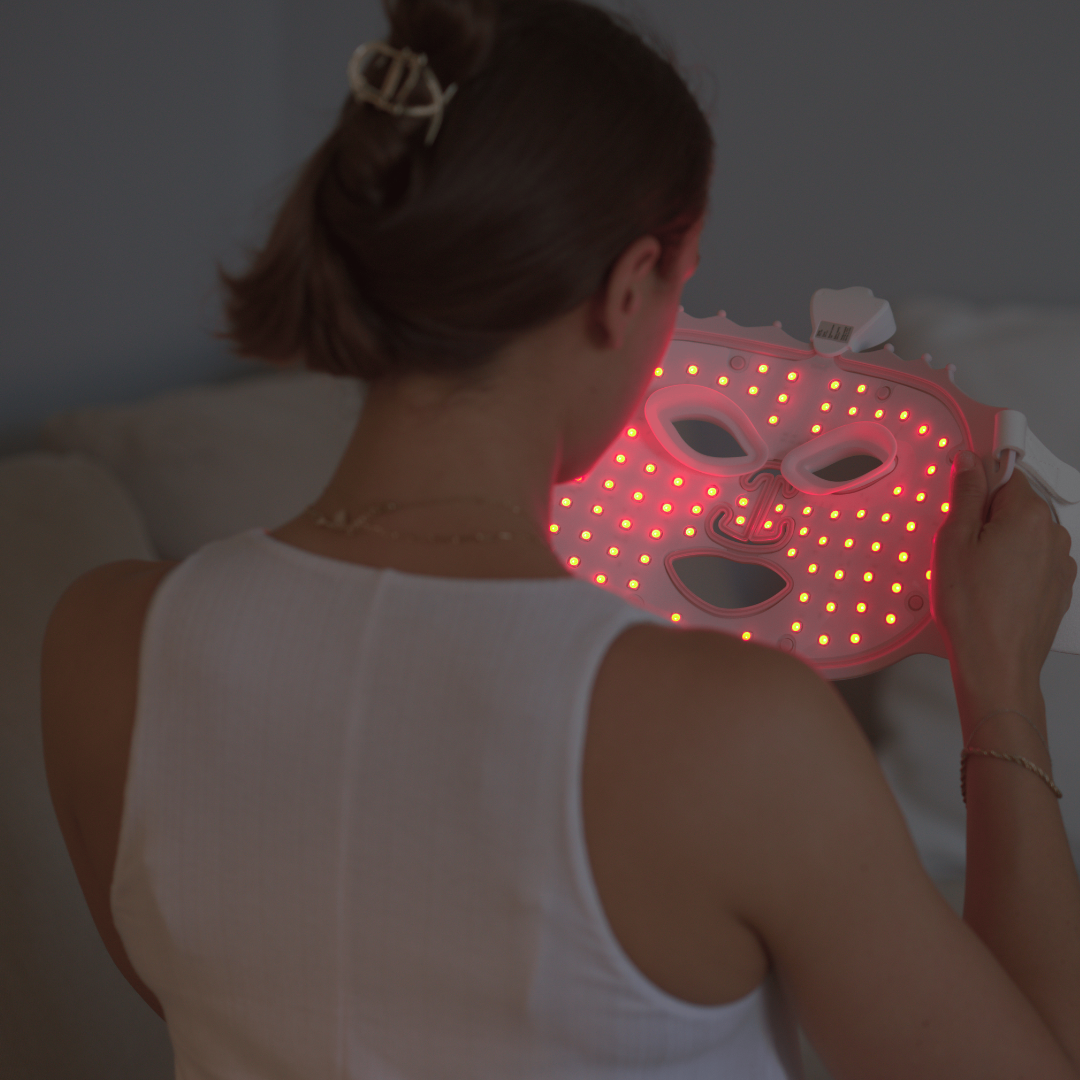

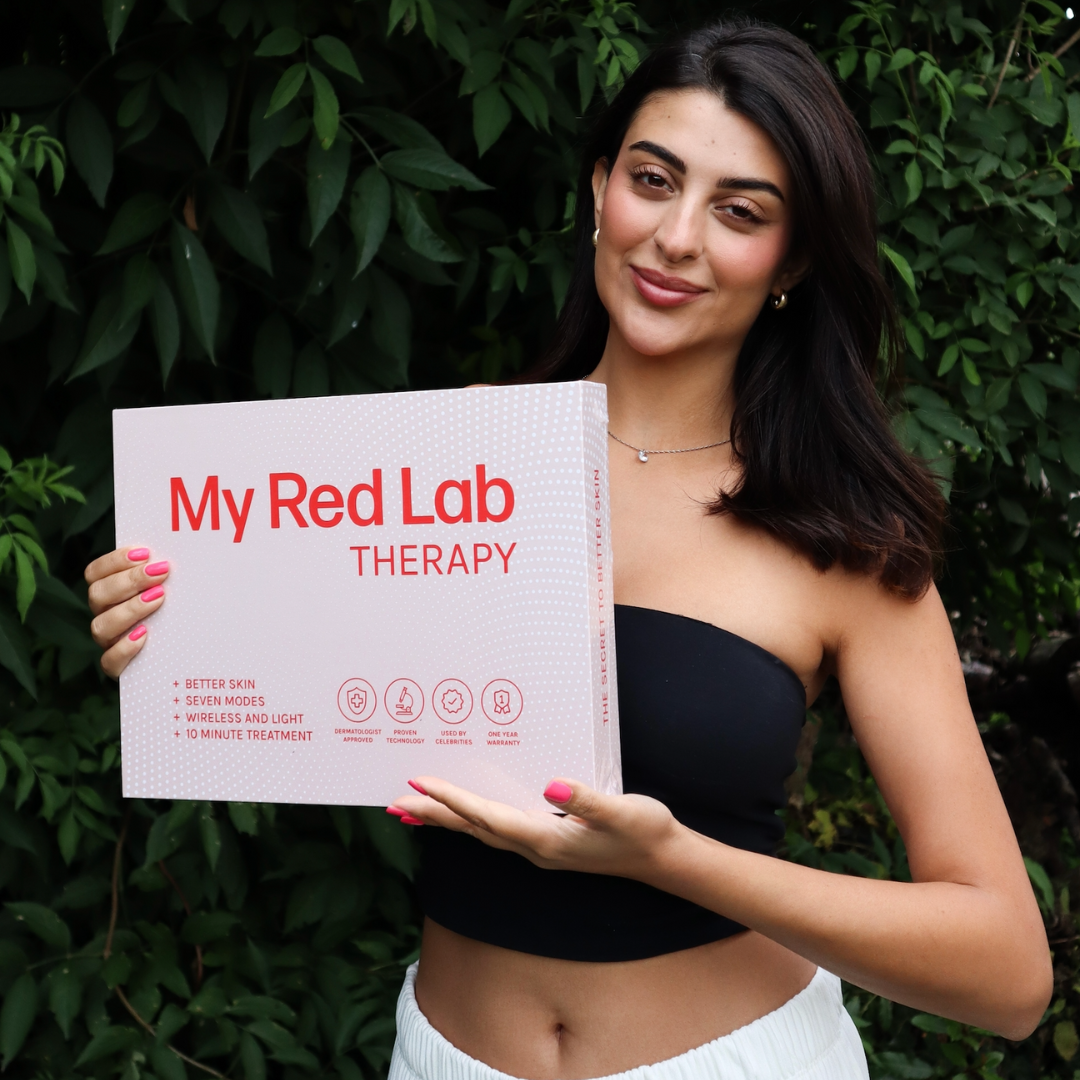
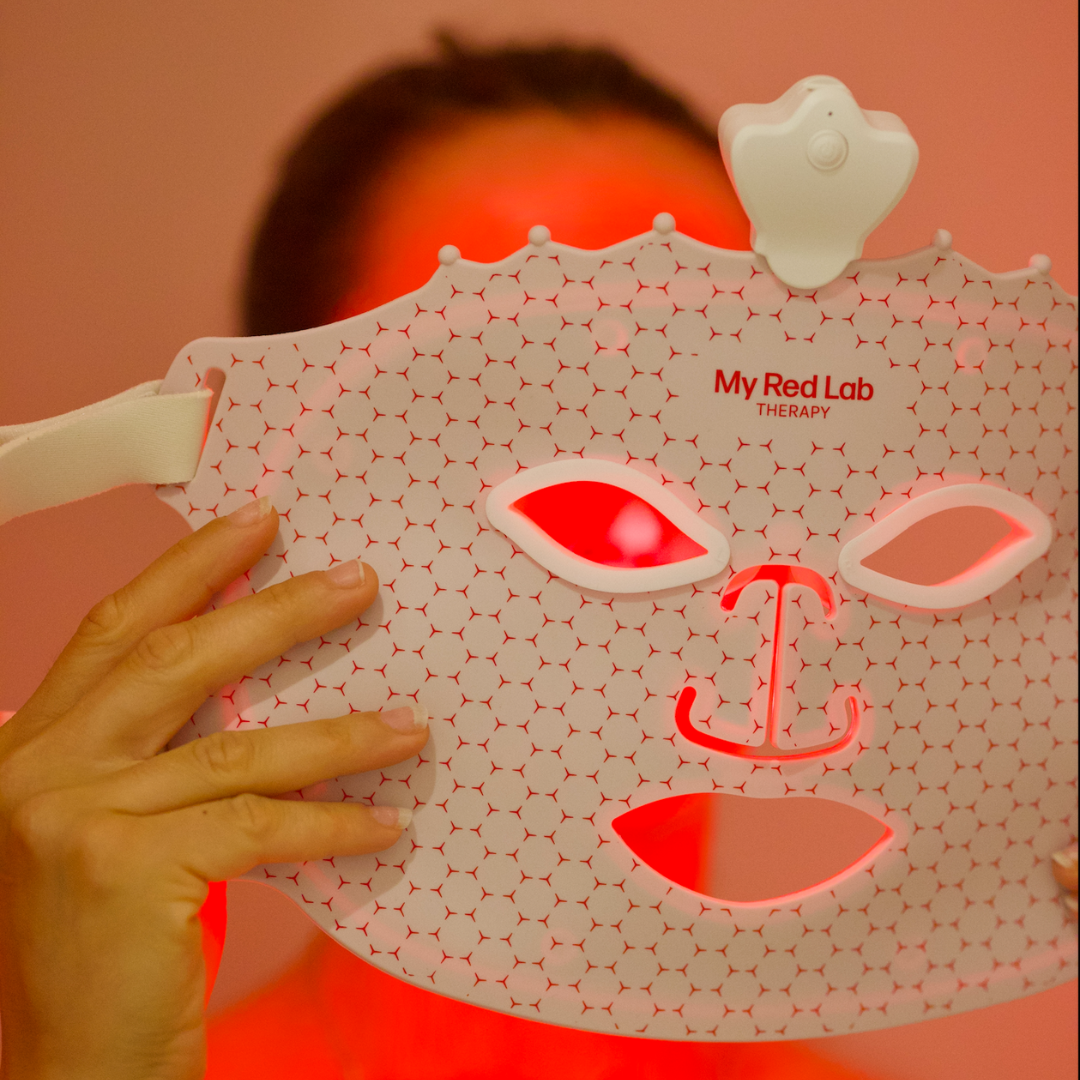
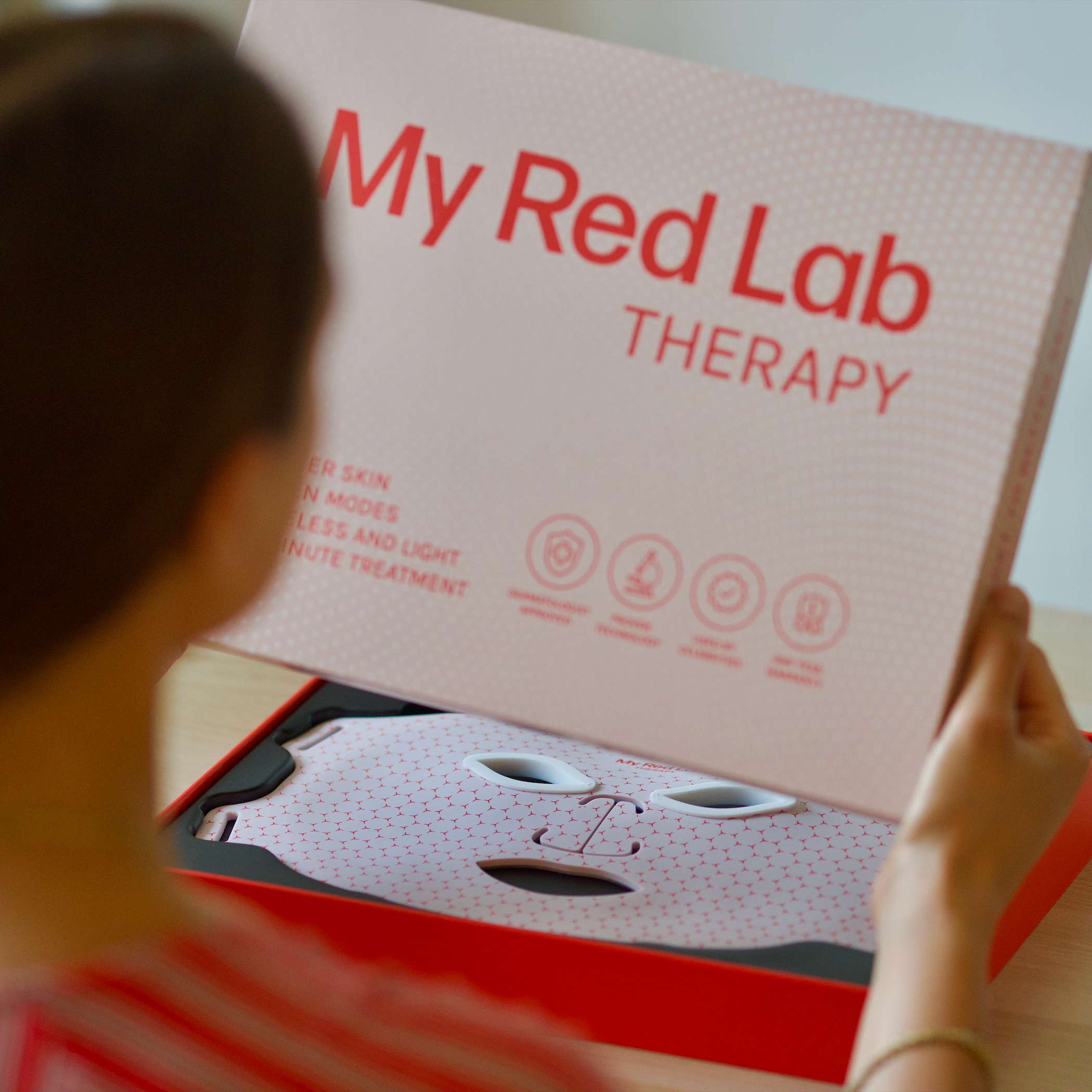
Nouveau masque LED sans fil
The smartest investment to fight aging & acne.
Glow smarter, not harder.
